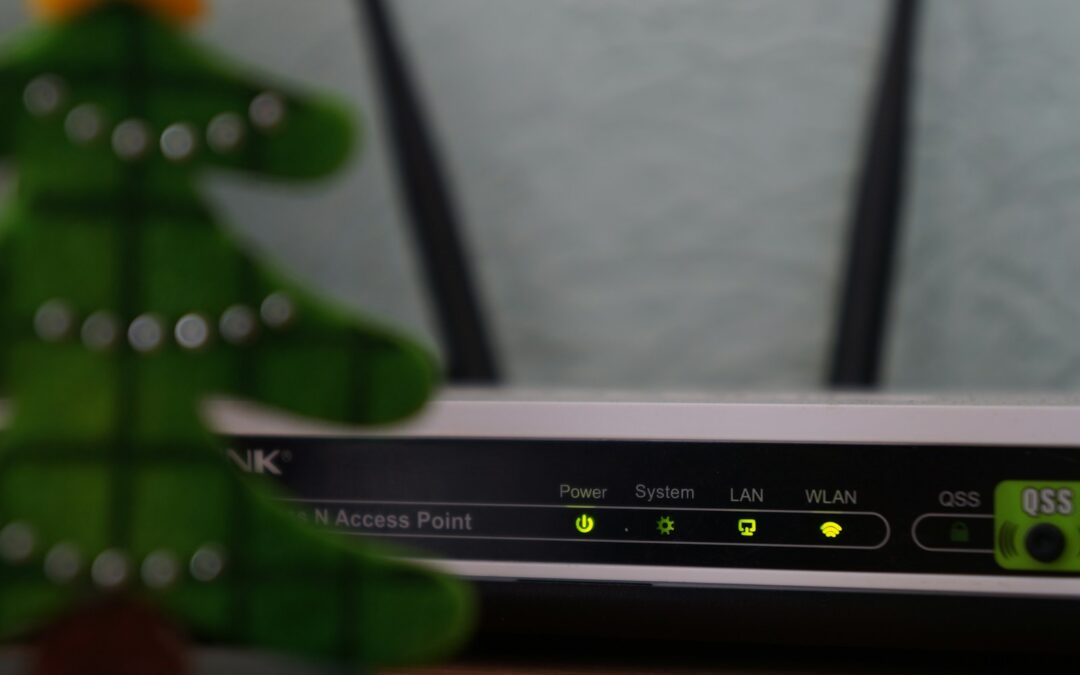Implementing Robust Security Measures to Meet Regulatory Standards
The Importance of Cybersecurity in Regulatory Compliance
Ensuring cybersecurity and regulatory compliance is essential for businesses in today’s digital age. With stringent data protection regulations like GDPR and HIPAA, organizations must implement robust security measures to protect sensitive information and maintain trust with stakeholders. In regions like Saudi Arabia and the UAE, where technological advancements are rapidly evolving, compliance with these regulations is critical for maintaining a competitive edge and avoiding substantial penalties.
Regulatory compliance requires organizations to adhere to specific standards and practices designed to protect data integrity, confidentiality, and availability. In cities like Riyadh and Dubai, where businesses are at the forefront of digital transformation, meeting these requirements is crucial for operational success. Cybersecurity measures, such as encryption, access controls, and regular security assessments, are vital components in ensuring compliance with regulations and safeguarding against data breaches.
Moreover, regulatory compliance enhances an organization’s reputation and builds trust with customers and partners. By demonstrating a commitment to data protection and security, businesses can differentiate themselves in competitive markets. For business executives and mid-level managers, understanding the intersection of cybersecurity and regulatory compliance is essential for driving strategic initiatives and ensuring long-term success. Implementing effective cybersecurity measures not only supports regulatory compliance but also fosters a culture of security and resilience within the organization.
Key Cybersecurity Measures for Compliance
To achieve regulatory compliance, organizations must implement a comprehensive cybersecurity framework that addresses various aspects of data protection. Encryption is a fundamental security measure that ensures data is unreadable to unauthorized users, both at rest and in transit. For businesses in Saudi Arabia and the UAE, where data breaches can have severe consequences, encryption is a critical tool for protecting sensitive information and maintaining compliance with regulations like GDPR and HIPAA.
Another essential measure is access control, which involves restricting access to data based on user roles and responsibilities. Role-based access control (RBAC) helps organizations manage who can view and modify sensitive information, reducing the risk of unauthorized access. In dynamic business environments like Riyadh and Dubai, where companies handle vast amounts of data, implementing RBAC is crucial for maintaining control and ensuring only authorized personnel have access to critical information.
Regular security assessments and audits are also vital for maintaining compliance. These assessments help organizations identify vulnerabilities and ensure that security measures are effective and up-to-date. For businesses in the Middle East, where regulatory landscapes are continually evolving, staying proactive with security assessments ensures that they can adapt to new requirements and mitigate potential risks. By continuously monitoring and improving their cybersecurity posture, organizations can ensure ongoing compliance and protect their data assets from emerging threats.
Building a Culture of Security and Compliance
Achieving regulatory compliance and robust cybersecurity requires more than just implementing technical measures; it necessitates a cultural shift within the organization. Business leaders must prioritize security and compliance at every level, fostering a culture where data protection is a shared responsibility. In regions like Saudi Arabia and the UAE, where businesses are driving technological innovation, cultivating a security-conscious culture is essential for sustaining growth and competitiveness.
Employee training and awareness programs are critical components of this cultural shift. By educating employees about the importance of cybersecurity and their role in maintaining compliance, organizations can reduce the risk of human error and insider threats. For businesses in Riyadh and Dubai, where the workforce is diverse and dynamic, ongoing training ensures that all employees understand the latest security practices and regulatory requirements. This proactive approach helps create a resilient and security-focused workforce.
Additionally, establishing clear policies and procedures for data protection is essential for maintaining compliance. Organizations should develop comprehensive security policies that outline best practices for data handling, access controls, and incident response. For executives and managers in the Middle East, ensuring that these policies are well-communicated and enforced is critical for maintaining a consistent and effective cybersecurity strategy. By embedding security and compliance into the organizational fabric, businesses can enhance their overall security posture and ensure regulatory adherence.
Conclusion: The Strategic Value of Cybersecurity and Compliance
In conclusion, cybersecurity and regulatory compliance are intertwined components of a robust business strategy. For organizations in Saudi Arabia, the UAE, and beyond, implementing effective cybersecurity measures is essential for meeting regulatory requirements and protecting sensitive data. By prioritizing data protection, businesses can build trust with customers, partners, and regulators, ensuring long-term success and competitive advantage.
The strategic value of cybersecurity extends beyond regulatory compliance. By fostering a culture of security and resilience, organizations can enhance their operational efficiency, reduce risks, and drive innovation. In dynamic markets like Riyadh and Dubai, where businesses are continually adapting to new technologies and regulatory changes, maintaining a strong cybersecurity posture is crucial for sustaining growth and competitiveness. For business executives, mid-level managers, and entrepreneurs, investing in cybersecurity and compliance is a forward-thinking approach that will ensure their organizations remain resilient and poised for future success.
Looking ahead, the importance of cybersecurity and regulatory compliance will only increase as cyber threats evolve and regulatory landscapes become more complex. Business leaders must stay informed about the latest developments and continuously enhance their security measures to protect their data assets. In the Middle East, where technological innovation is a key driver of economic development, adopting a proactive and comprehensive approach to cybersecurity and compliance is not just a strategic advantage but a necessity for future success.
As businesses continue to navigate the complexities of the digital age, the role of cybersecurity and regulatory compliance will become even more critical. By implementing robust security measures and fostering a culture of security, organizations can ensure that they meet regulatory requirements and protect their data from emerging threats. In the vibrant and innovative markets of Saudi Arabia and the UAE, the adoption of comprehensive cybersecurity and compliance strategies will drive business excellence and technological progress.
—
#Cybersecurity, #RegulatoryCompliance, #DataProtection, #GDPR, #HIPAA, #SaudiArabia, #UAE, #Riyadh, #Dubai, #BusinessTechnology

